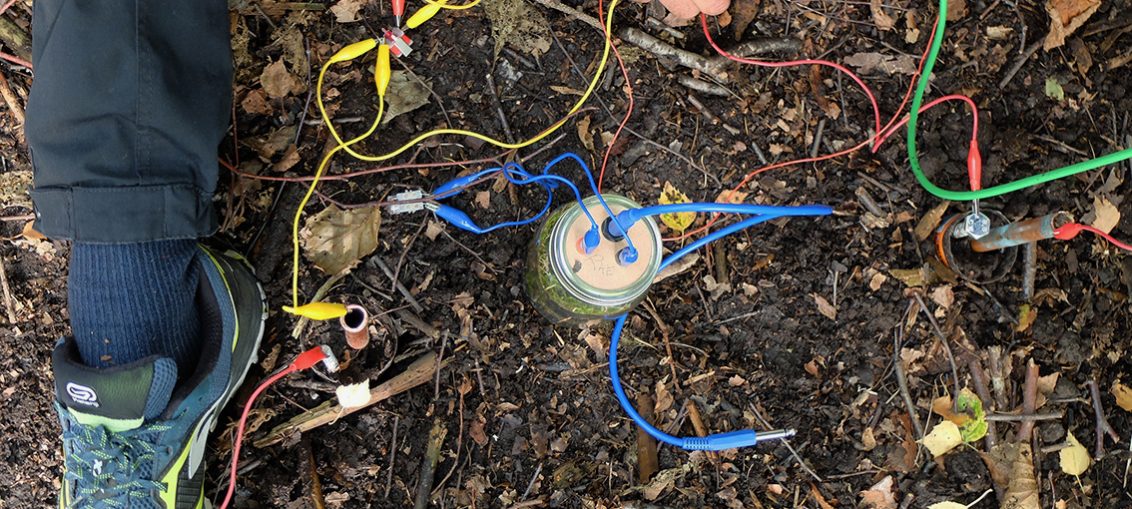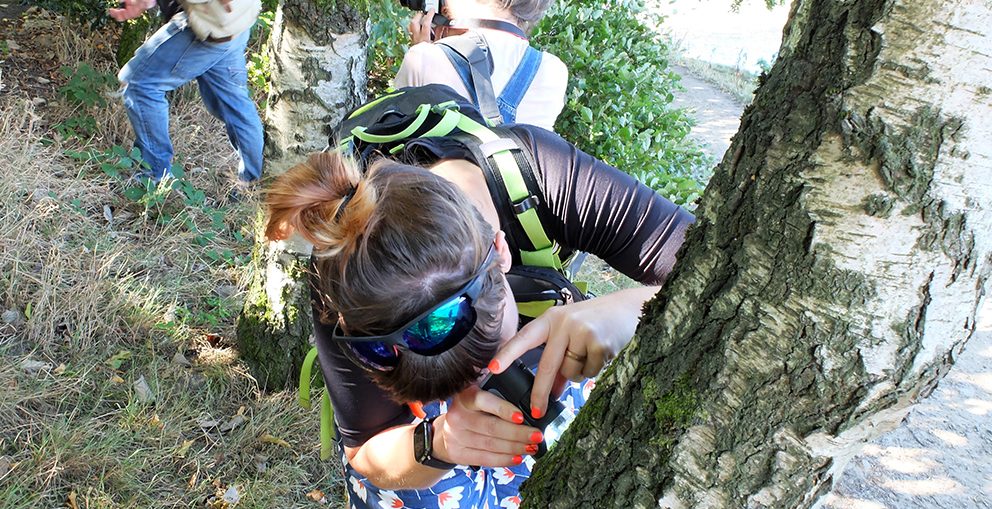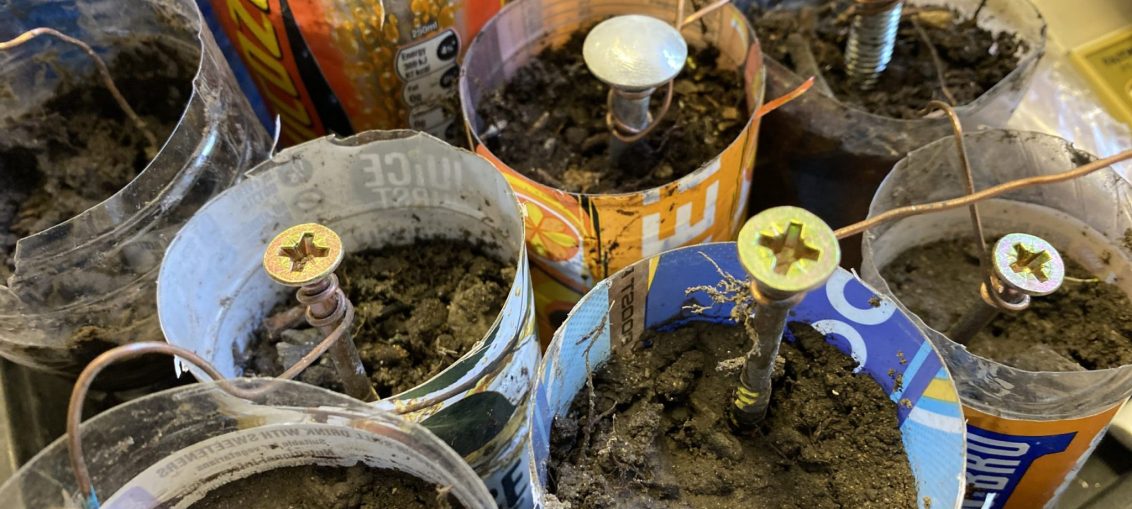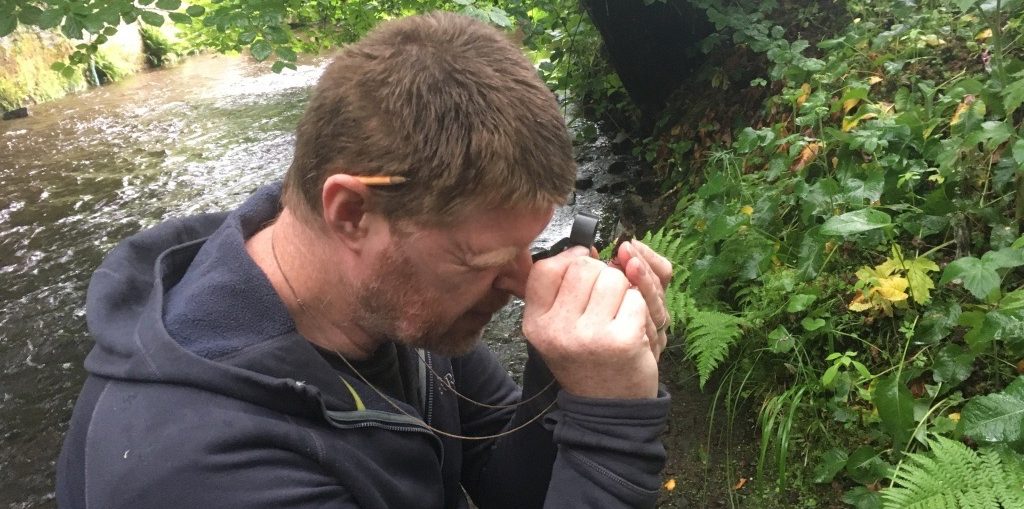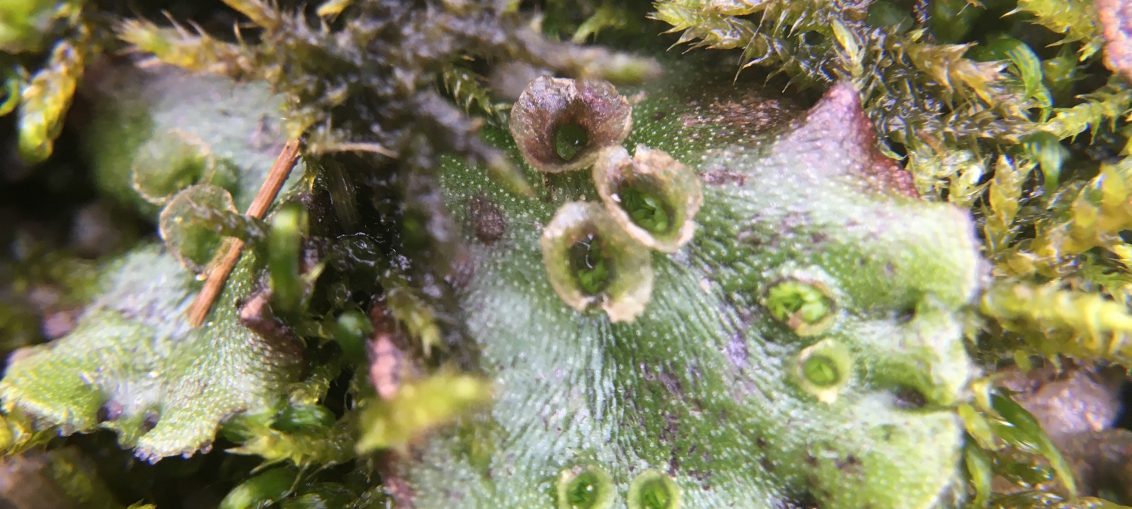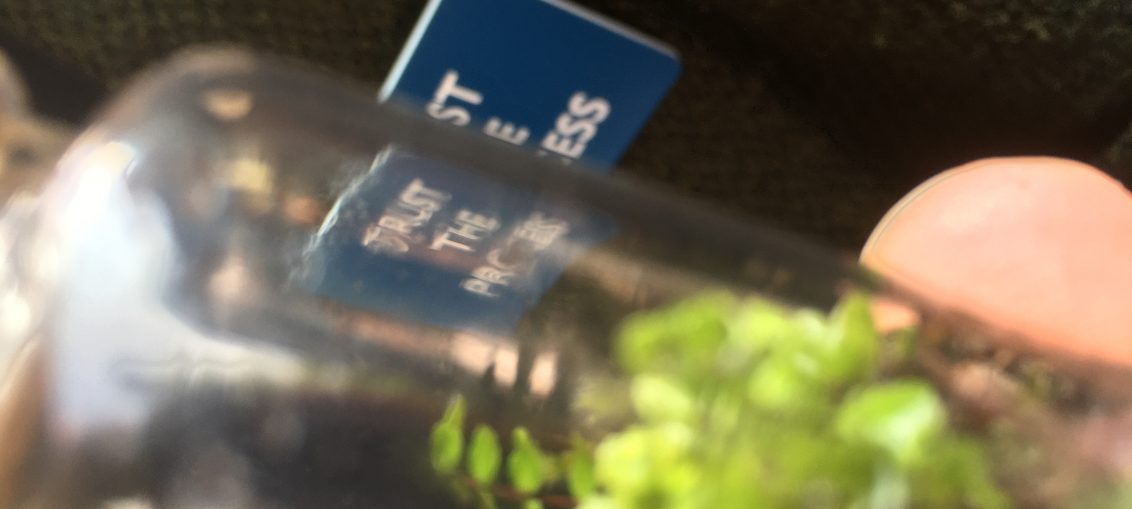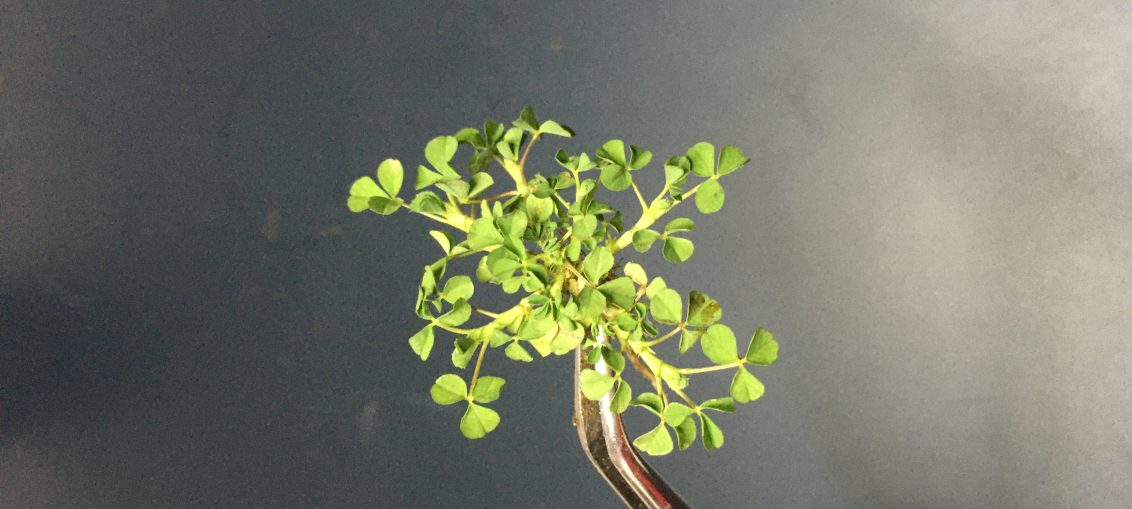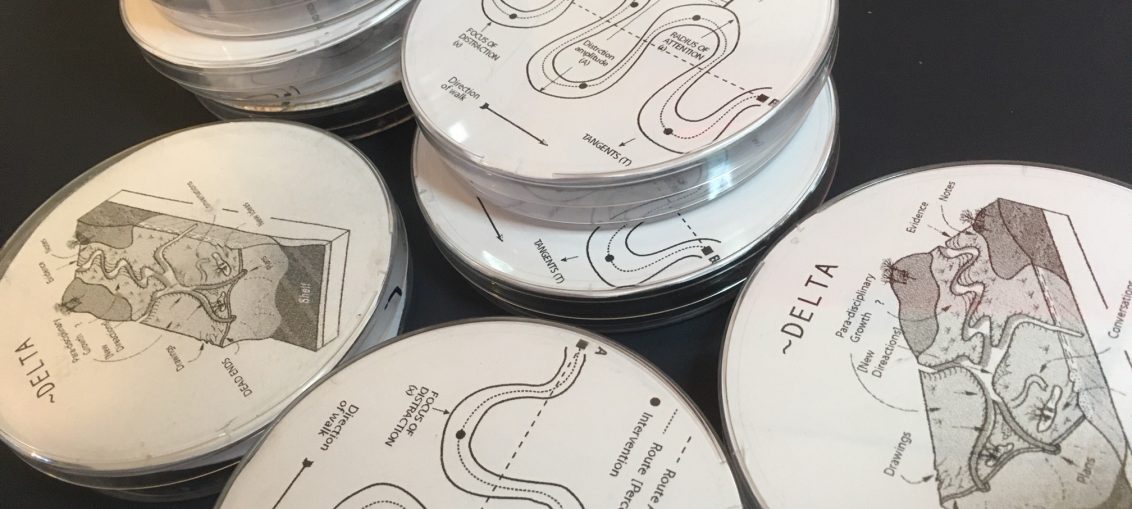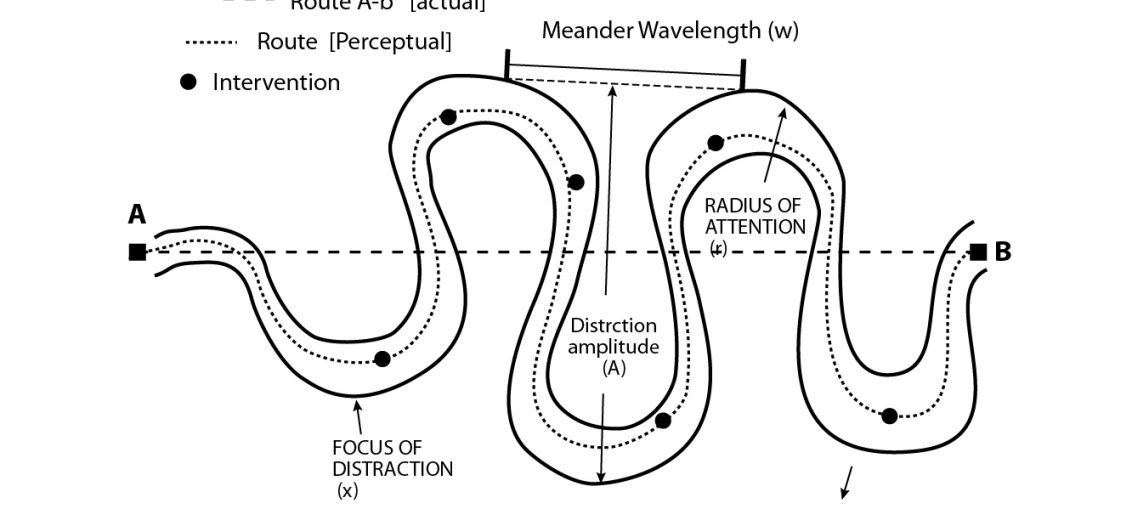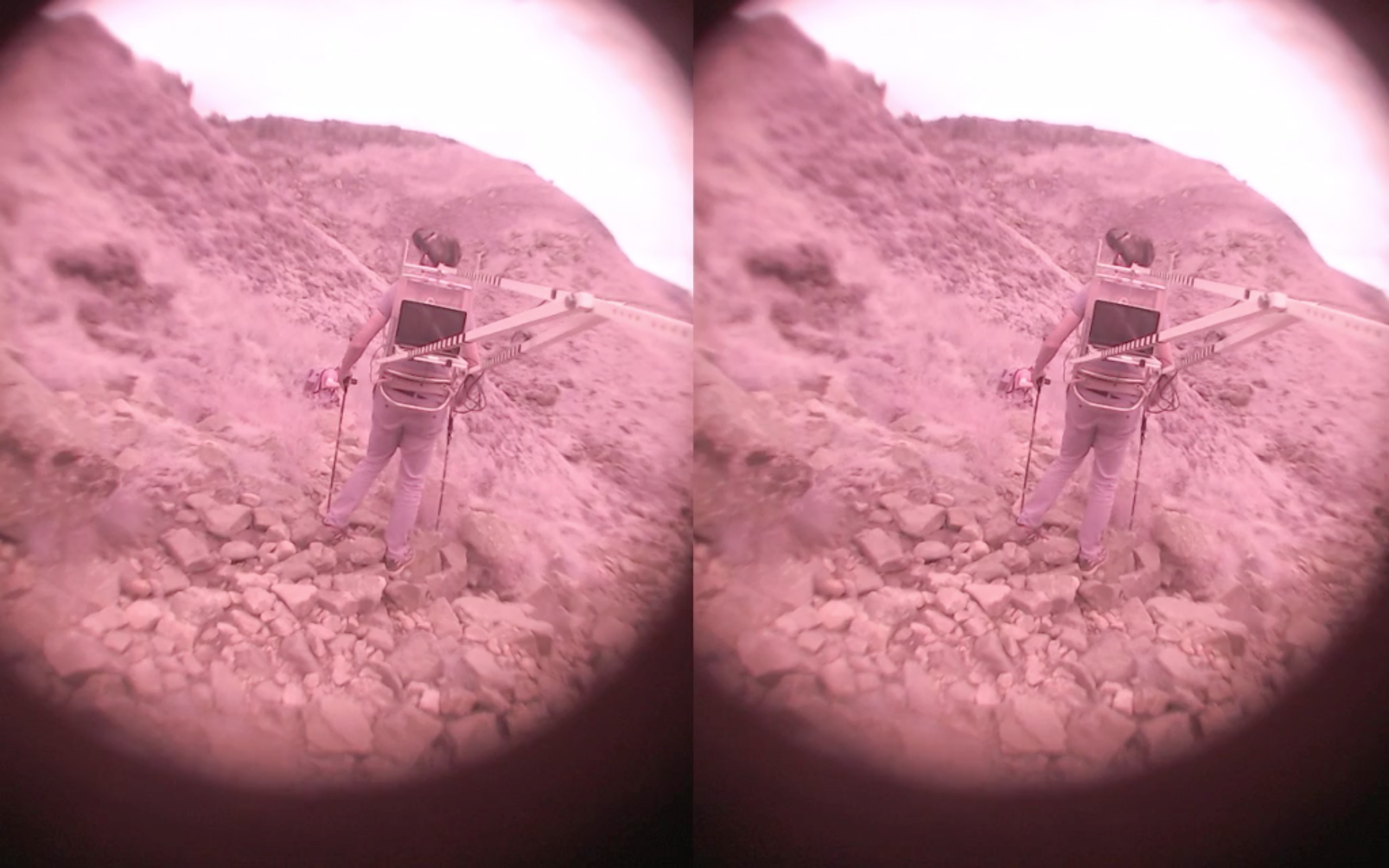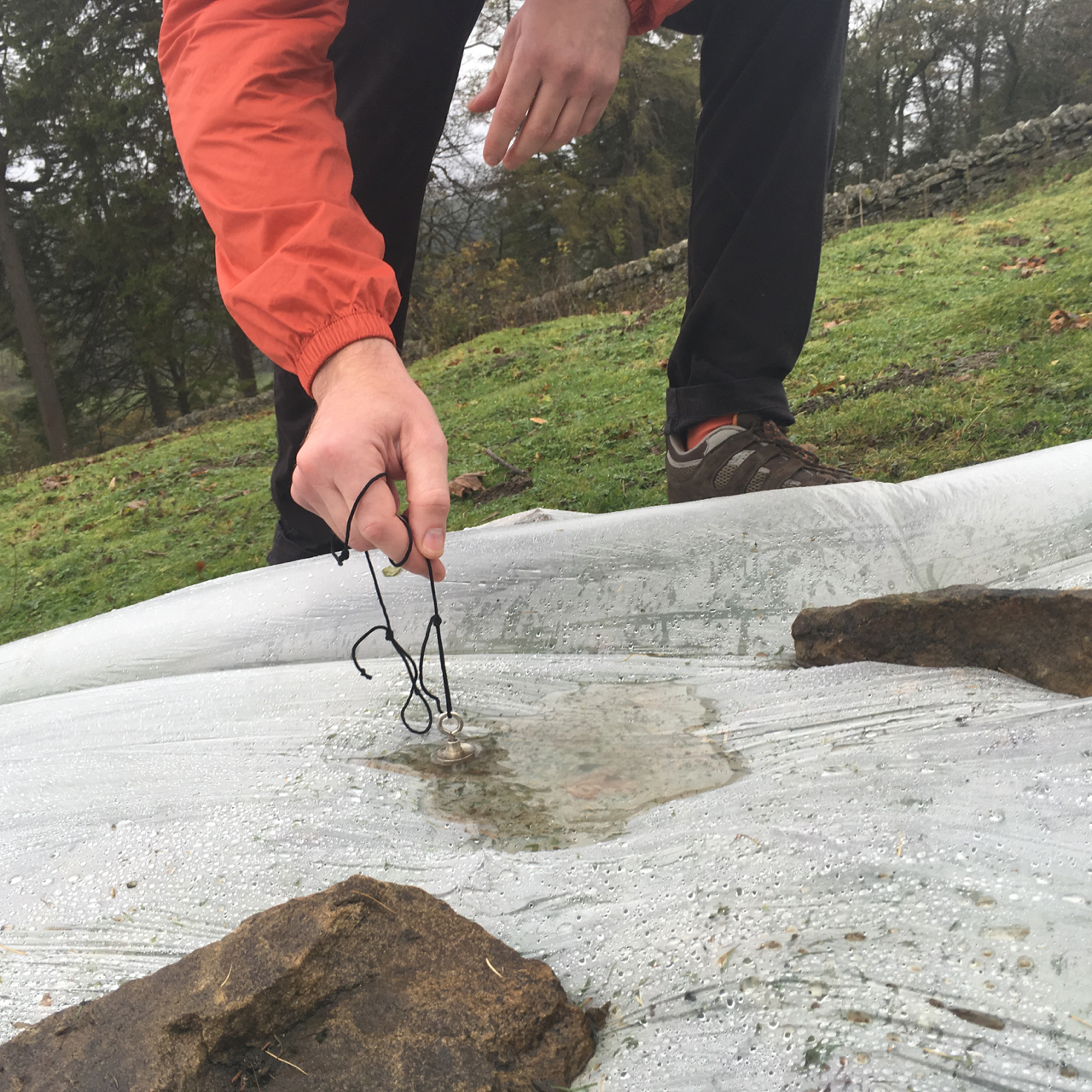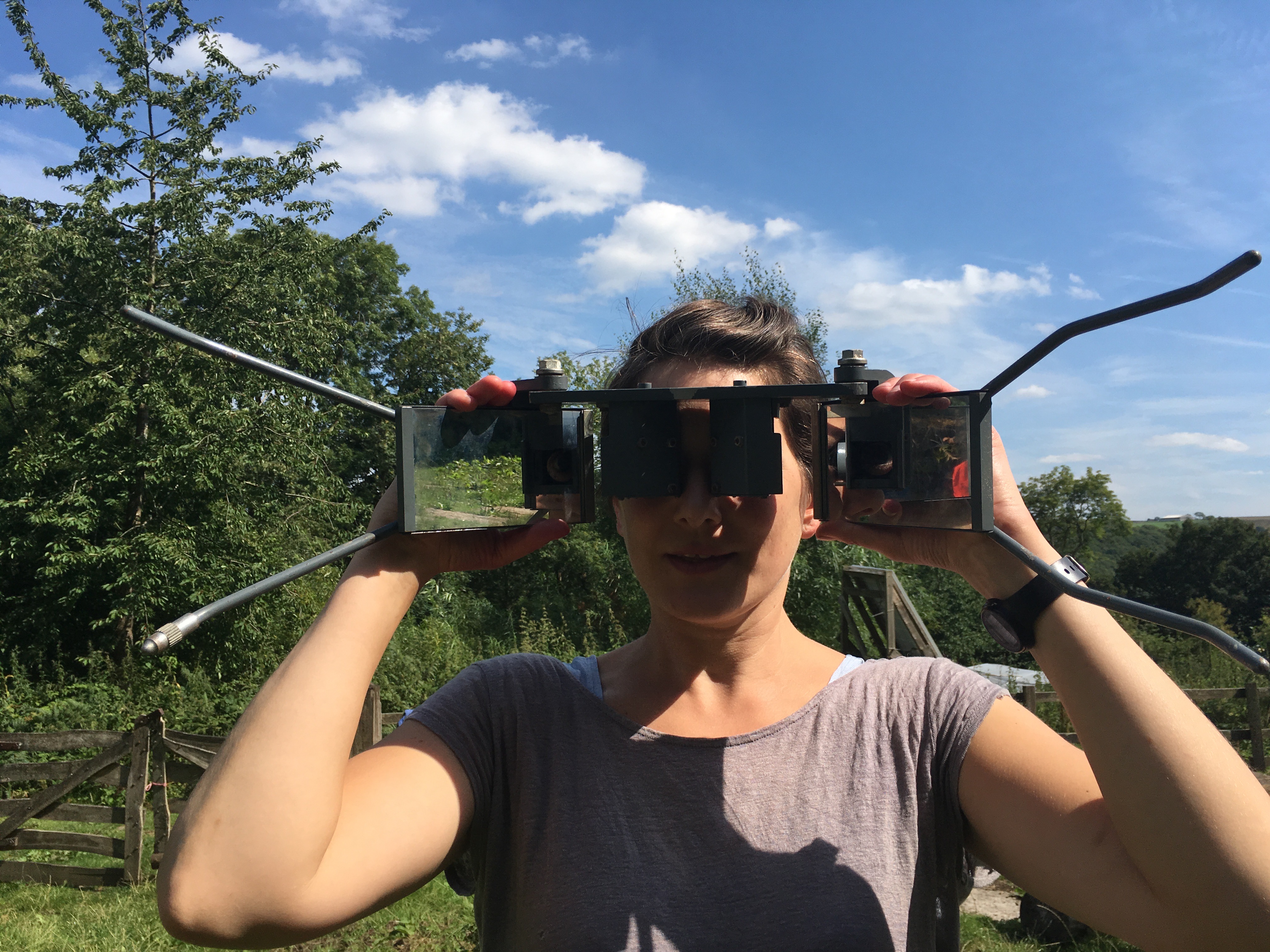17/09/2022 Second Workshop at Longdendale Environmental Centre as GUIDEline project with Glassball Studios: In this workshop, we continued to work on our boundary detectors; moss terrariums with carbon and aluminium layers which act as electrodes. In my test, I used moss growing on a carbon graphite felt layer (the anode), over a granular substrate of Zeolite (the electrolyte, but in the workshop, we used grit and mud collated from the boundary). The base of the jar is covered with aluminium foil (the cathode). As the moss photosynthesises and microbes do their thing - electrons are exchanged between the two electrodes generating electricity (more info on the science at end of this post). However, it is as yet unclear exactly how
Tag: walk
Boundary Detectors workshop / Part – 1
1/09/2022 Workshop / Longdendale Environmental Centre / GUIDEline project with Glassball Studios: We met at Longdendale environmental centre for a day of walking and micro exploration, following a segment of the peak district boundary. The idea was to walk slowly, looking closely while collecting samples (microscopic creatures, plants, minerals, sounds), and explore how these things interact within the hypothetical space of the boundary space. Above: Image by Cora Glasser / Glassball Studios. We discussed 'boundary layers' the spaces or microenvironments existing on surfaces or between objects and the free-flowing stream of air (gasses, humidity) and light. Mosses exist at specific boundary layers, miniature forests which act like environmental bubbles, trapping moisture, and creating shelter. Moss and other small plants Algae, and Lichen
GUIDEline Micro-Commission
Exploring the nature and origins of the first National Park and its boundary. I have been commissioned as part of the GUIDEline project by Glassball Studio. Over the summer Alison Lloyd and I will be working alongside Glassball, continuing a conversation that started back in 2021, bringing our practices to the boundary of the Peak District National Park, using the Longdendale Activity Centre as a base from which to explore. Here are some outcomes, ideas and works in progress so far... Walk with Tim Cambel-Green View this post on Instagram A post shared by Dr. Antony Hall (@tonazoid) Walking with Tim - exploring these
Bryology walk with Anthony Gregory
At the beginning of the project with Gallery Oldham, I was given a list of local sites to visit, which would have been popular in the 19th century for collecting bryophytes. I have been collecting my own specimens from these sites, which will then be sent to Anthony Gregory, an expert Bryologist, for formal identification. These will then be sent back to the museum to be catalogued and become part of the museum's collection for posterity. I met up with Anthony for a riverside walk to get a crash course in bryology. We met at Greenbank train station and made our way to a footpath alongside the River Tame. We walked slowly, stopping regularly at tress and venturing down to
Daisy Nook Country Park
Short 4k walk through woods by River Medlock and canal paths designed as part of the Gallery Oldham Bryophytes project. Daisy Nook is a beautiful woodland following River Medlock, intersected by the old Waterhouses Aqueduct and Hollinwood canal. It has a mixture of woodland paths and gravely wide tracks beside the canal, which are all great for moss. Look out for Liverworts on the muddy banks near the footpath and river. Also, check the fallen trees for different moss. Routplotter.com https://www.plotaroute.com/route/1618255 The walk starts at a car park off the A627 walk into the woods and down to the riverside. Notice the damp stones by the river and many fallen trees with interesting mosses and liverworts. Following the trail, through the woods beside the River Medlock, you
Kinder Downfall
This page has three walks that took place as part of the Gallery Oldham Bryophytes project. Two Loops around Kinder reservoir, starting from Hayfield [with a short 6k and long 14k option] the other from Edale [17k]. Both are challenging walks with plenty of hill climbing. Sturdy shoes, waterproofs and a map are recommended. Both of these walks centre around the River Kinder. Rain falling on the kinder plateau is absorbed into the blanket bog and slowly trickles out into a series of tributaries and gullies which slowly seep through the peat. These conjoin and meander across the plateau toward Kinder Downfall - a rocky outcrop where the river drops into the valley below eventually filtering into Kinder reservoir. In each walk, the diversity
Contouring the boundary – 35mm photographs
Results from the Photography experiments, taken during the Contouring the Boundary Photography walk with Alison Loyd and Glass ball studios
Fieldwork: Kinder scout vai Mermaids pool
Para-Lab moss collecting Meander
A walking workshop with para lab. I created this bottle with instructions and hand-drawn illustrations, a different one for each bottle. We walked around manchester and collected mosses from some unusual sites, the route took us through some back streets and along the canal. Finally, we stopped at 'Home' constructed bottle gardens while chatting and drinking coffee.
Walking workshop – Proximity / para lab
A meander workshop proposal written for Para Lab, in response to a walking workshop by Ann Carragher with Proximity collective The meander like the ‘bimble’ is a method of walking research characterised by its semi-‘aimless nature’. The intention is that the multisensory relaxed and ‘rhythmical’ nature of walking allows for ‘slow observation’ and enables the participants to make new connections with the environment and between the participants though the discussions and actions along the way. Crucial to the meander is A the extraction of materials [physical samples, data, ideas] from the environment; this action demands a counter focus which cuts into the otherwise aimlessness of the walk. And B, The creation of the Delta Object; the subsequent sorting
Para Lab – Meander~Delta
On the 28th / 06/2020 para lab met up at Brunclough reservoir. Everyone was tasked with creating ’a device to test the material properties of a thing’. I produced an edition of 15 Meander~Delta objects [drawings and text contained within a petri dish] with which to collect things and make notes, I also brought a homemade tardigrade extractor [salad spinner]. The wind and rain on occasion proved to be too disrupting to do any detailed work – or too difficult even speak to each other… https://www.instagram.com/p/CB-3MrkllD6/?utm_source=ig_web_button_share_sheet https://www.instagram.com/p/CCBafc3F-2n/?utm_source=ig_web_button_share_sheet
Meandering and delta objects – walking as research
Meandering is an experiential research method enacted through walking in the natural [or urban] environment whist being tasked with a specific activity [collecting, experimenting, sampling the environment]. The aim is that this process may lead to new ideas and discussions which cause the participants to meander from the planned course of action and in doing so reveal alternative routes and different ways of looking. During the meander, notes are made, and the process is recorded; The sorting of residual material generated become a "Delta object" an archive of the event. Meander 1. To slowly wander from a given course. 2. (of a river or road) follow a winding course 3. a journey that has no particular direction: ~Delta 1. The accumulation and sorting of material as
Williams Clough ascent using Autoscope
Fieldwork under the ‘Darkest sky’
I was invited by Annie Carpenter and Nicola Ellis to Allenhead Arts for a few days of art and science during the night of the Orionids meteor shower, hoping for clear yet dark skies. They had been resident artists there over the last few months https://www.acart.org.uk/ . In a continuing effort to make my activities more sustainable and portable, I decided to cycle from Penrith to a remote location in the heart of the North Pennines which boasts the darkest skies in the UK. I was one of the most hellish bike rides I have ever endured. And I am no stranger to big hilly bike rides. One of my typical problems when taking part in this kind of open-ended participatory creative
Fieldwork / Night walk
I teamed up with artist Annie Carpenter to pull together a small group of artists and friends for a night of ‘fieldwork’. We organised an overnighter to do some experiments and have discussions together in the relaxed atmosphere of Middlewood Trust study centre; an off-grid permaculture farm. I had worked here before with [Annie and Sam Illingworth] doing some workshops with their students on a previous 'field research' style project. The concept captured my interest. We wanted to create a situation where we could work as well as have time and space to chat about ideas with others. My equipment consisted of my laptop, Arduino, [with a relay shield for experiments] and some electronics, GoPro, 360-degree camera. Also a heavy rechargeable
